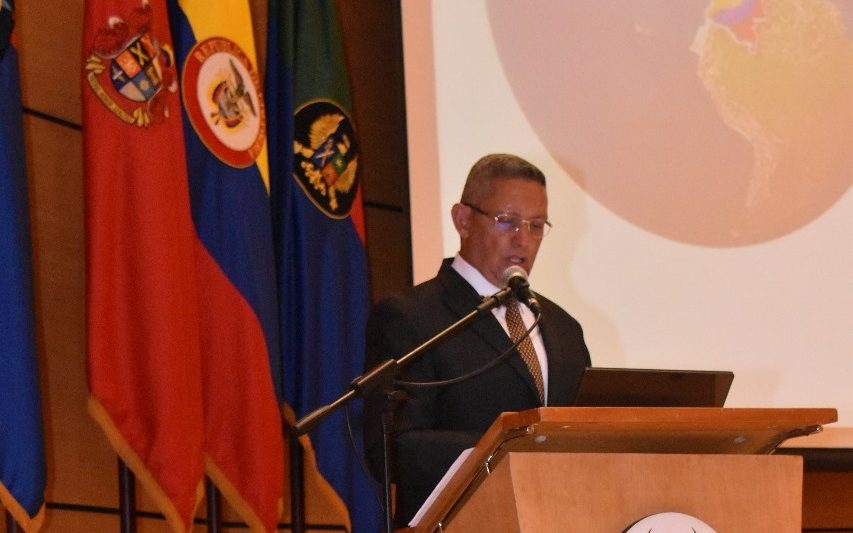
The Colombian justice system charges the former Army commander Jaime Lasprilla, now retired, for the state’s dirty war. The Special Jurisdiction for Peace (JEP), a transitional justice body created from the peace agreements with the now-defunct FARC in 2016, announced the indictment. Lasprilla was the top authority of the Colombian Armed Forces between February 2014 and July 2015, during the presidency of Juan Manuel Santos.
The same court has also charged 34 other military personnel, including retired General Miguel Pérez Guarnizo, former director of the Civil Defense until 2021. Additionally, the court has requested an investigation into Colombian prosecutors accused of covering up the so-called “false positives,” a practice that was part of the state’s dirty war against illegal armed groups. The accusations against the military are related to 200 cases of extrajudicial executions that occurred in the Huila department, in the south of the country, between 2005 and 2008.
In Colombia, “false positives” refer to the involvement of Colombian Army members in the killing of non-combatant civilians, making them appear as casualties in combat within the framework of the internal armed conflict between 2002 and 2008, during Álvaro Uribe’s presidency.
Accusations against Lasprilla for cases from 2007
Although Jaime Lasprilla is primarily known for heading the Colombian Army from 2014 to 2015, the accusation dates back to events in 2007 when the military was in command of the Ninth Brigade, replacing retired General William Pérez Laiseca, who was also indicted.
“The Court stressed that the indicted generals were supposed to protect the legal interests of the population, effectively control their subordinates, and despite having reasonable measures at their disposal to do so, they failed in their constitutional obligations. From the positions they held, they were permissive, lax in controls, and did not exercise their competencies for prevention, investigation, and sanction. This facilitated the dissemination, perpetuation, and concealment of the crimes. Their omissions contributed to the consolidation of the three documented macro-criminal patterns in the Huila Sub-case, one of the six prioritized areas in the investigation,” stated the JEP.
The transitional justice court also asserts that “judicial evidence indicates that the homicides of protected persons, attempted homicides, and forced disappearances documented were perpetrated as part of a generalized and systematic attack against the civilian population, violating norms of International Humanitarian Law.”
The indictment reveals that “the deaths were caused as part of a widespread and systematic attack against the civilian population, thus classified as murders constituting war crimes and crimes against humanity.”
See all the latest news from Colombia and the world at ColombiaOne.com. Contact our newsroom to report an update or send your story, photos and videos. Follow Colombia One on Google News, Facebook, Instagram, and subscribe here to our newsletter.

